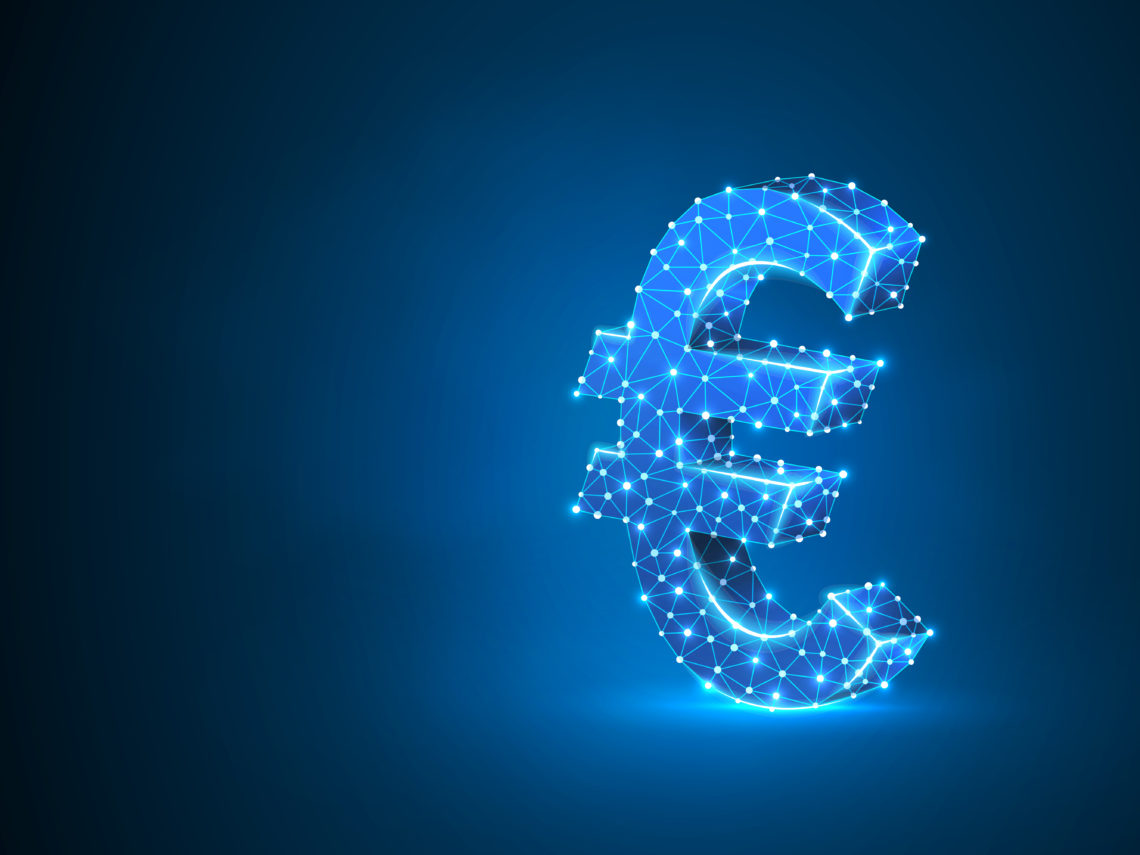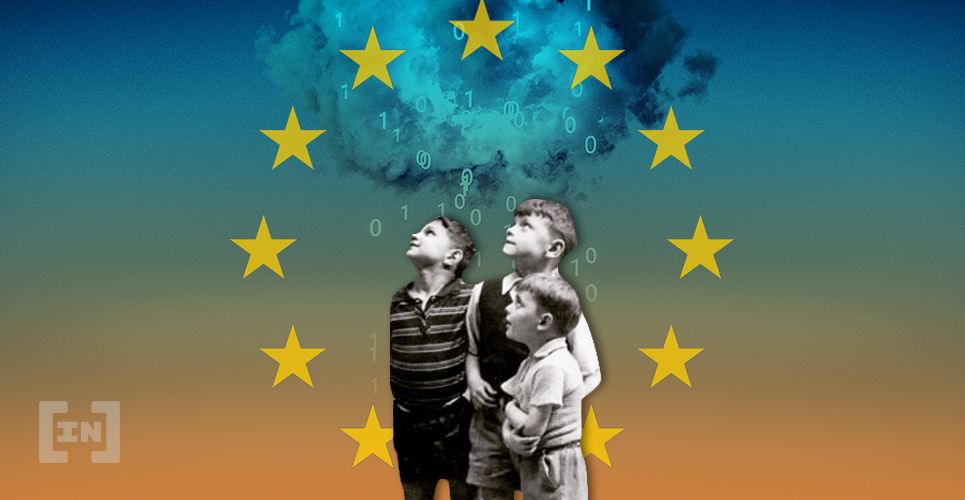EU finance ministers have approved a €540 billion stimulus package to help combat coronavirus-caused economic damage. The joint measures leave those members worst hit by the pandemic unsatisfied. It seems likely that further liquidity injections will come as the crisis continues to take its toll on members’ economies.
The stimulus package agreed upon by EU finance ministers will see newly minted euros supporting unprecedented use of the European Stability Mechanism, short-term job creation, and European Investment Bank loan guarantees. Additionally, a Recovery Fund to help stimulate the recovery phase has been proposed but not yet detailed.

European Stimulus Package Shows a Divided Union
Following the stimulus efforts of various national governments, the European Union itself has just announced its own aid package. After failed attempts earlier this week, finance representatives finally committed €540 billion last night in an effort to soften the blow of what many see as an inevitable and brutal recession. [The New York Times] The most significant of the new measures is a relaxing of the rules regarding the European Stability Mechanism (ESM). Member states will be able to make almost unconditional use of the €240 billion fund. Prior to the amendment, EU members had to submit to a reform package before they could draw on ESM funds.Additionally, €100 billion has been earmarked for a new European Commission short-term work program. Known as SURE, the funds will support the schemes already implemented in most member nations. Finally, another €200 billion will go to the European Investment Bank. These funds will serve as guarantees to loans that member states have committed to. Although dramatic in scope, the stimulus package has not been well received in all EU nations. Pleas for additional aid through a joint EU bond from both Spanish and Italian minsters, both among those nations worst hit by the pandemic, were blocked by wealthier nations of the Union. Similarly, the stronger EU economies were also successful in restricting the use of funds allocated to health-related programs only.A multi-billion euro aid package amid corona virus crisis. It is unlikely to be the last. https://t.co/HpXKSU7E5T
— ING Economics (@ING_Economics) April 10, 2020
Not the “End of the Road”
The new measures will join the €750 billion Pandemic Emergency Purchase Program, announced last month by the ECB, along with collateral easing measures detailed just days ago. [European Central Bank] The discord between the wealthier EU nations and those worse hit by the virus in the south, coupled with the fact that the Recovery Fund still needs finalizing, makes it as good as certain that the bloc will see additional liquidity pumped into its economy. The full extent of the economic impact of the coronavirus is still far from known, after all. The head of Europe practice at Eurasia Group, Mujtaba Rahman, commented on the need for additional measures:“There are lots of substantive gaps in the deal that will only become apparent later down the line.”Similarly, Paolo Gentiloni, the European commissioner for the economy and former Italian prime minister, said that this would not be the EU’s final economic response to the crisis:
“This is not the end of the road.”
Disclaimer
In adherence to the Trust Project guidelines, BeInCrypto is committed to unbiased, transparent reporting. This news article aims to provide accurate, timely information. However, readers are advised to verify facts independently and consult with a professional before making any decisions based on this content. Please note that our Terms and Conditions, Privacy Policy, and Disclaimers have been updated.
Rick D.
A former professional gambler, Rick first found Bitcoin in 2013 whilst researching alternative payment methods to use at online casinos. After transitioning to writing full-time in 2016, he put a growing passion for Bitcoin to work for him. He has since written for a number of digital asset publications.
A former professional gambler, Rick first found Bitcoin in 2013 whilst researching alternative payment methods to use at online casinos. After transitioning to writing full-time in 2016, he put a growing passion for Bitcoin to work for him. He has since written for a number of digital asset publications.
READ FULL BIO
Sponsored
Sponsored
